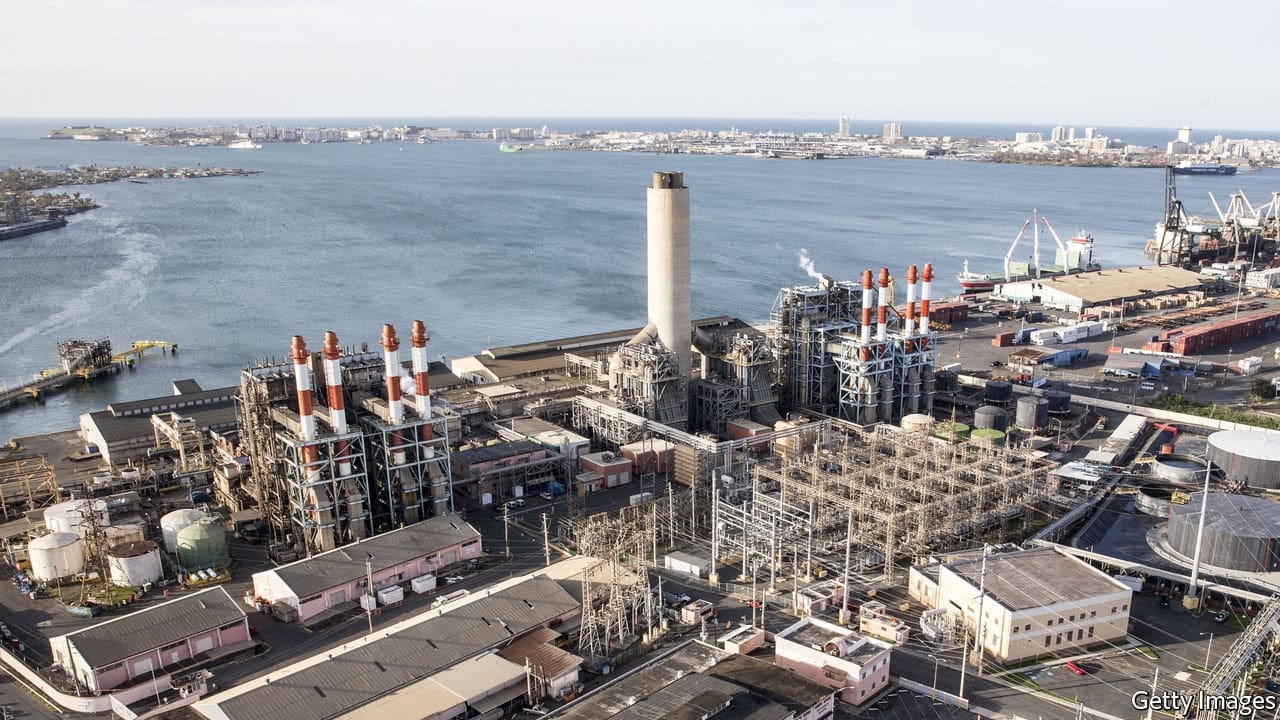The global landscape for sustainable development is constantly evolving, with various stakeholders, including governments, non-profit organizations, and private enterprises, committing to initiatives aimed at fostering a more sustainable future. As climate change, economic disparity, and social injustices become increasingly urgent issues, the collaborative efforts to implement sustainable practices continue to gain momentum across all sectors of society. This article delves into these ongoing efforts, revealing the diverse range of projects currently in motion, their significance, and the measurable impacts on communities and the environment.
One notable aspect of the global drive toward sustainability is the alignment of initiatives with the United Nations’ Sustainable Development Goals (SDGs), adopted in 2015. These 17 goals serve as a blueprint for achieving a better and more sustainable future by addressing an array of global challenges including poverty, inequality, climate change, environmental degradation, peace, and justice. Governments and organizations around the world utilize these goals as guidelines, designing programs and projects tailored to meet specific targets.
Case Studies of Sustainable Initiatives
Many organizations have embarked on sustainable development initiatives that serve as effective models for success and innovation. For instance, the Food and Agriculture Organization (FAO) has launched various projects to combat food insecurity while promoting responsible agricultural practices. One significant effort is the “Save Food” initiative, aimed at reducing food loss and waste throughout the supply chain. By working with governments, businesses, and civil society organizations, the FAO seeks to raise awareness and develop solutions that can drastically decrease the amount of food that goes uneaten, ultimately saving resources and sustaining agricultural productivity.
In addition, companies within the private sector are increasingly committing to sustainable practices. Unilever, for example, has set ambitious sustainability goals under its Unilever Sustainable Living Plan, focusing on reducing its environmental footprint while improving the health and well-being of consumers. This plan includes targets such as ensuring sustainable sourcing of its agricultural raw materials and achieving carbon neutrality across its value chain. Such commitments demonstrate how corporates can play a reasonably active role in enhancing sustainability.
Community Engagement and Grassroots Efforts
Alongside large-scale initiatives, grassroots efforts are crucial in fostering community-level engagement in sustainable development. Local organizations often implement projects addressing environmental and social issues that resonate closely with their communities. For example, the Brazilian organization “Sustainable Amazon” focuses on restoring degraded areas of the Amazon rainforest through community-led reforestation efforts. By integrating indigenous knowledge and practices, the initiative strives to enhance biodiversity while empowering local communities through sustainable practices.
In various urban centers, community gardens and urban farming initiatives have gained significant popularity. These projects allow residents to actively participate in food production while promoting concepts of sustainability, environmental stewardship, and community building. In cities like Detroit, organizations have established urban farms that provide access to fresh produce while addressing food deserts—areas with limited access to affordable and nutritious food.
The Role of Technology in Advancing Sustainability Efforts
Technology also plays a pivotal role in advancing sustainable development initiatives. Innovations such as renewable energy sources, smart grids, and sustainable manufacturing processes offer opportunities for efficiency and waste reduction, significantly impacting environmental outcomes. The rise of clean technologies, in particular, has transformed sectors such as energy and transportation. For instance, according to the International Renewable Energy Agency (IRENA), the global share of renewables in total energy generation reached 28% by 2020, reflecting the industry’s rapid growth.
Moreover, technological advancements in data analytics and artificial intelligence facilitate better decision-making processes for organizations, enabling them to track progress and optimize resources. Startups specializing in sustainability-related technologies are emerging worldwide, creating solutions that address climate change, resource management, and waste reduction, demonstrating how innovation is fundamentally linked to sustainable practices.
Challenges and the Way Forward
Despite the progress being made, challenges persist that impede the realization of sustainable development goals. Issues such as political resistance, lack of funding, and insufficient public awareness continue to hinder projects at various levels. Therefore, collaboration among governments, private sectors, and civil society remains crucial in overcoming these obstacles.
Global forums and conferences such as the Climate Change Conference (COP) serve as platforms for dialogue and collaboration, emphasizing the importance of shared responsibility among nations to forge a path towards sustainability. The 2021 United Nations Climate Change Conference highlighted the need for not only national pledges to reduce carbon emissions but also the engagement of local stakeholders who can implement practical solutions on the ground.
To enhance the efficacy of sustainable development initiatives, a multi-disciplinary approach that incorporates social, economic, and environmental considerations is essential. Professional communities, academic institutions, and think tanks can contribute by conducting research and facilitating discussions that shed light on best practices and innovative solutions that benefit both people and the environment.
Conclusion
The journey towards sustainable development is multifaceted and dynamic; however, the great work continues with unwavering commitment across various sectors. By combining efforts from governments, corporations, and grassroots organizations, the collective ambition to cultivate a more sustainable world is being realized. Through education, collaboration, and innovation, stakeholders are charting a course towards achieving goals that not only uplift communities but also safeguard the planet for future generations. The path to sustainable development may be riddled with challenges, yet concerted efforts signify hope and progress as the world navigates this critical moment in history.



